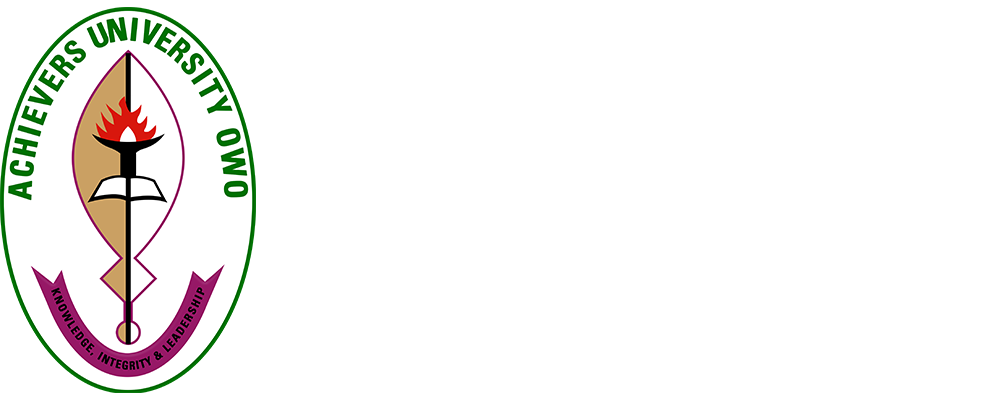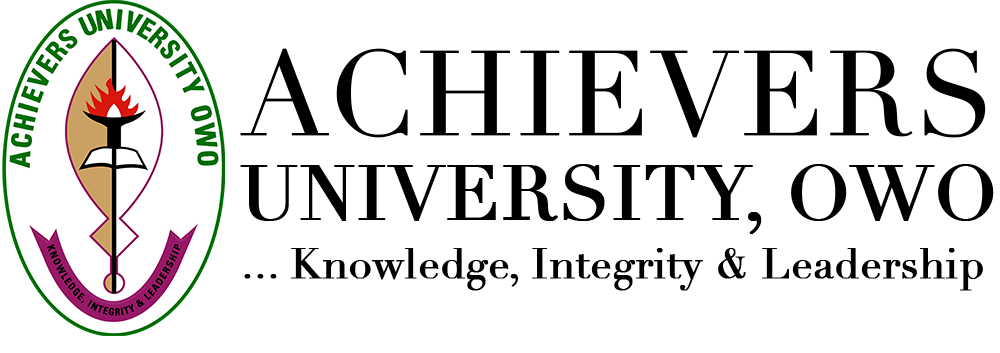In today’s fast-paced world, success hinges on more than just memorizing facts. It requires a crucial skill: critical thinking. Critical thinking is the ability to analyze information objectively, form well-reasoned judgments, and solve problems effectively.
This article delves into the importance of critical thinking and its various components as thought by Prof. Lawal O. Adetula, Dean, College of Natural and Applied Science during the College Lecture series held on the 17th of April, 2024. We’ll explore how this skill empowers you to succeed in academics and beyond.
What is Critical Thinking?
Critical thinking goes beyond simply taking information at face value. It involves a series of steps:
- Observation: Paying close attention to details and gathering information.
- Analysis: Breaking down information into smaller parts and understanding their relationships.
- Inference: Drawing conclusions based on evidence and reasoning.
- Communication: Effectively conveying your thoughts and conclusions.
- Problem-solving: Applying critical thinking to identify and solve problems.
Metacognition: Thinking About Your Thinking
A key aspect of critical thinking is being aware of your own biases and assumptions. This “thinking about your thinking” allows you to approach information objectively and avoid letting personal preconceptions cloud your judgment.
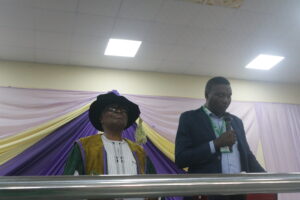
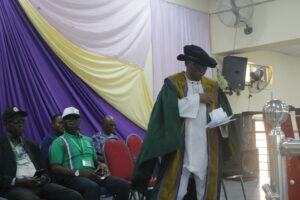
Components of Strong Critical Thinking:
- Asking insightful questions: Curiosity is a hallmark of critical thinkers. They actively question information and seek deeper understanding.
- Evaluating evidence: Critical thinkers assess the credibility and reliability of evidence before forming conclusions.
- Logical reasoning: They use sound logic to connect ideas and build strong arguments.
- Open-mindedness: Critical thinkers are receptive to different perspectives and willing to revise their opinions based on new evidence.
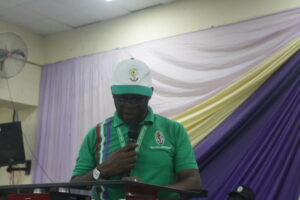
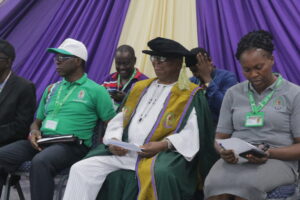
Critical Thinking in Action
Critical thinking skills are valuable across various fields. Here are some examples:
- Science: Scientists use critical thinking to analyze data, conduct experiments, and formulate theories.
- Law: Lawyers utilize critical thinking to build cases, analyze evidence, and present arguments in court.
- Medicine: Doctors rely on critical thinking to diagnose illnesses, prescribe treatments, and make critical decisions.
Beyond Academics: Everyday Applications
Critical thinking isn’t limited to academic pursuits. It empowers you to make informed decisions in all aspects of life, such as:
- Evaluating news and information: Critical thinking helps you distinguish fact from fiction in an age of information overload.
- Solving everyday problems: Whether it’s a household dilemma or a complex decision, critical thinking skills equip you to find solutions.
- Adapting to change: The world is constantly evolving. Critical thinking helps you navigate change and make adjustments effectively.
Developing Your Critical Thinking Skills
The good news is that critical thinking skills can be honed! Here are some ways to improve:
- Engage in active learning: Go beyond memorization and ask questions, analyze arguments, and debate ideas.
- Read widely: Exposure to diverse perspectives strengthens your critical thinking muscles.
- Practice problem-solving: Challenge yourself with puzzles, games, and real-world scenarios.
- Reflect on your thinking: Take time to consider your thought process and identify biases you might hold.
Critical thinking is an essential skill for success in the 21st century. By cultivating this ability, you empower yourself to become a more informed, adaptable, and effective individual in all walks of life.
